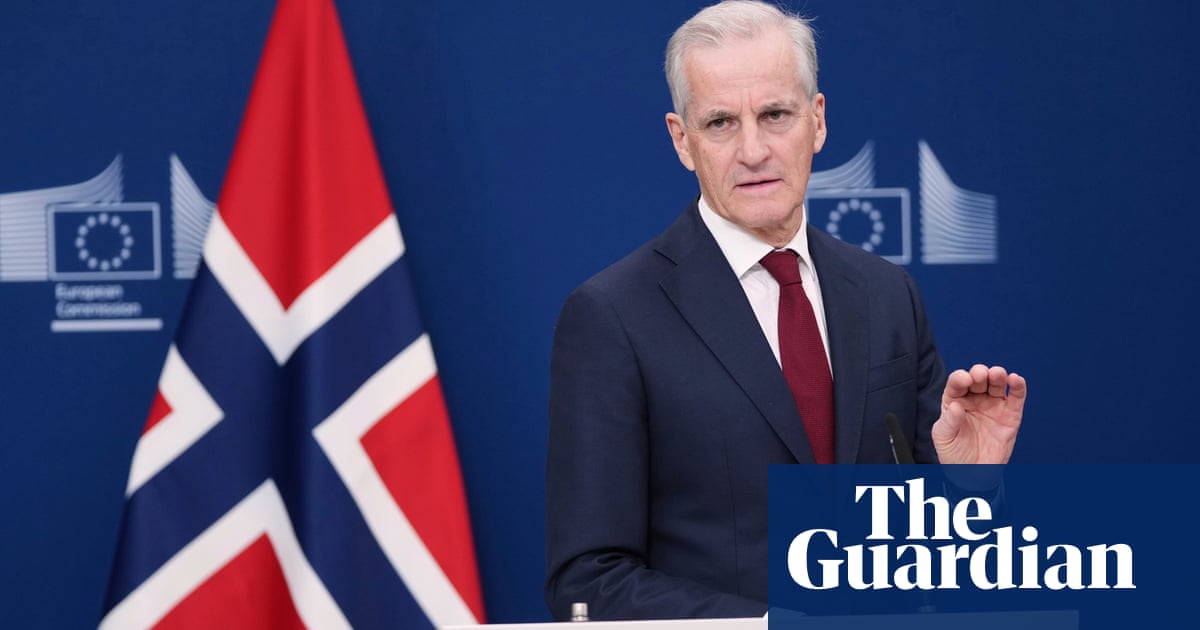Norway's initiative to attract top international researchers reflects a strategic response to perceived threats to academic freedom in the United States, particularly during the Trump administration. By establishing a substantial fund, Norway aims to position itself as a welcoming destination for scholars facing uncertainty in their home country. This move also highlights a broader trend among European nations to enhance their academic environments amidst global political shifts.
Objective of the Initiative
The Norwegian government is proactively addressing the challenges that researchers face due to the evolving political landscape in the US. By offering financial support, Norway seeks to attract talent that might otherwise be deterred by potential restrictions on academic freedom and funding cuts. The initiative aims not only to bolster Norway’s research capabilities but also to signal its commitment to upholding academic independence.
Public Perception and Narrative
The announcement is likely designed to cultivate a positive perception of Norway as a bastion of academic freedom and innovation. By contrasting its inclusive policies with the increasing pressure faced by researchers in the US, the government aims to enhance its global academic reputation. This narrative could resonate strongly with researchers and academics who prioritize freedom of inquiry and are looking for stable environments to pursue their work.
Underlying Concerns
While the initiative appears straightforward, there may be underlying concerns about the political climate in the US that the announcement seeks to overshadow. The timing of the initiative, coinciding with significant discussions between Norwegian and US leaders, suggests a complex interplay of diplomacy and domestic policy that may not be fully disclosed in the report.
Manipulative Elements
The article contains elements that could be viewed as manipulative, particularly in its framing of the US as a place where academic freedom is under threat. This framing may provoke a sense of urgency or fear among potential researchers, pushing them towards considering Norway as a safer alternative. The language used is carefully chosen to evoke a strong emotional response, which could be seen as a tactic to enhance recruitment efforts.
Comparison with Other Reports
When compared to similar reports from other European nations, such as France's efforts to attract US academics, this news underscores a collaborative European approach to addressing shared challenges in higher education. The interconnectedness of these initiatives illustrates a broader movement among nations to attract talent amidst rising global tensions and domestic policy shifts.
Potential Impacts on Society and Economy
The successful recruitment of international researchers could have significant implications for Norway’s economy and innovation landscape. An influx of diverse talent could lead to enhanced research outputs, fostering advancements in critical areas such as climate science, health, and technology. Conversely, this initiative might also contribute to a brain drain from the US, affecting its own research capabilities and innovation potential.
Target Audience
This news will likely resonate with academics, researchers, and policymakers who are concerned about academic freedom and the future of research in politically volatile environments. It may particularly appeal to those in fields vulnerable to funding cuts or ideological constraints.
Market Implications
The announcement may influence investor sentiment towards sectors associated with academic research and development in Norway. Companies engaged in innovation, biotechnology, and artificial intelligence could see increased interest from investors who recognize the potential benefits of a rich academic environment fueled by international talent.
Geopolitical Context
In the broader context of global power dynamics, Norway's efforts to attract researchers may reflect an attempt to enhance its soft power by positioning itself as a leader in academic freedom. This could serve as a counter-narrative to the rising nationalism observed in various countries, including the US, reinforcing the importance of open inquiry in addressing global challenges.
Use of Artificial Intelligence
While it is unclear whether AI was specifically used in crafting this article, the structured presentation and emphasis on certain themes may suggest the influence of data-driven content strategies. AI models that analyze public sentiment regarding academic freedom could have informed the narrative choices made in the piece.
In summary, the reliability of this news is supported by its alignment with observable trends in international academic mobility and the explicit acknowledgment of political pressures in the US. However, the framing and potential emotional appeals warrant a critical reading of the article's intent.
